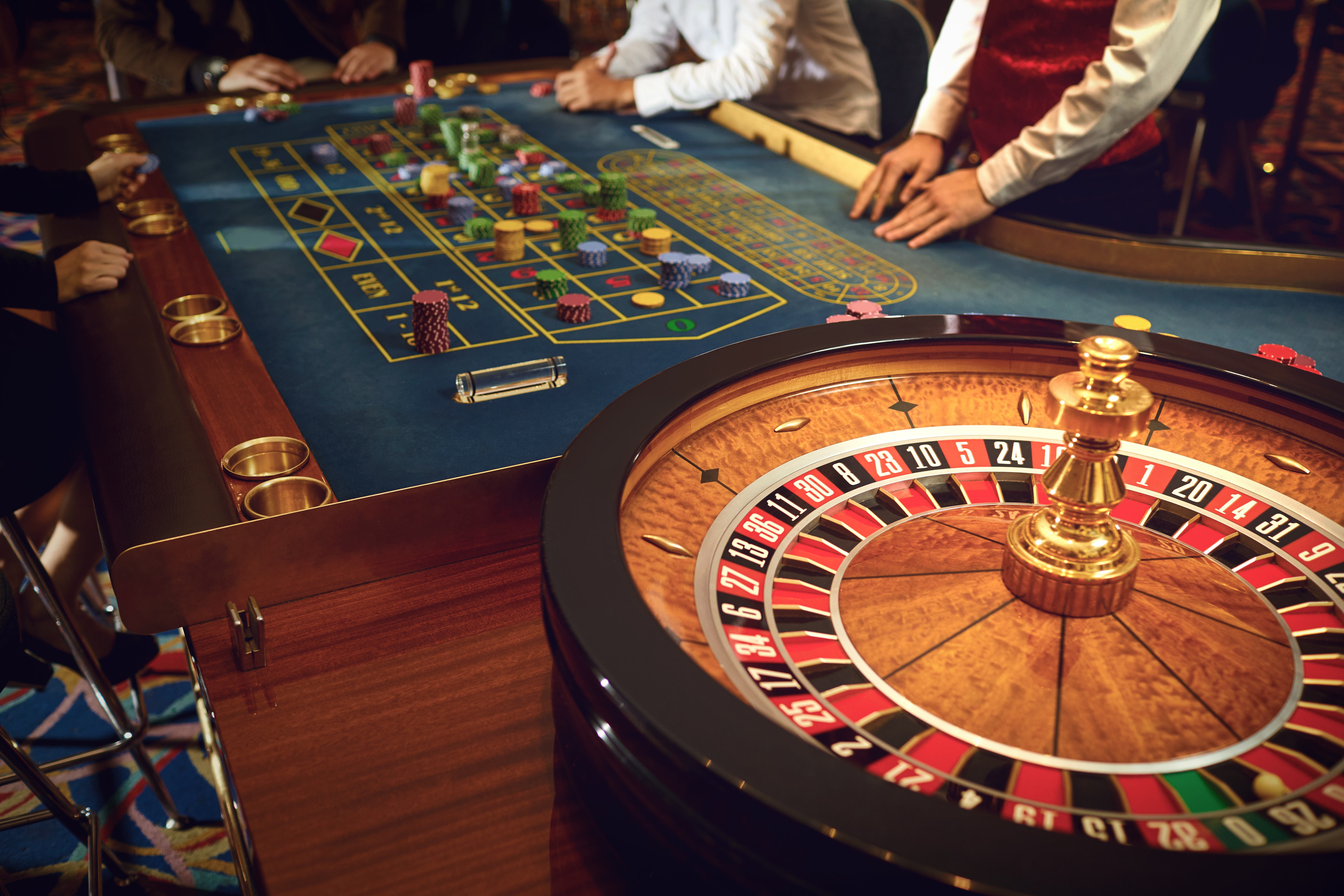
Gambling games have long been a captivating form of entertainment, drawing countless of players from diverse cultures around the globe. From the lively casinos of the Strip to the busy gambling halls of the Cotai Strip, these games serve as a bridge that unites people across different backgrounds. The allure of fortune, strategy, and gambling entices not only those hoping to win money but also those looking for a shared experience.
The influence of casino games extends far beyond the gaming floor. They often represent the social norms and beliefs of the societies in which they flourish. Games such as Texas hold ’em, pontoon, and roulette have integrated into the fabric of cultural phenomena, influencing various aspects from movies to fashion. As we explore this captivating intersection of chance and society, we can gain insights into how these games shape and are affected by the surrounding world.
Historical Development of Gambling Activities
The roots of gaming games can be followed back to historical civilizations, where betting in different forms was extensively performed. trang chủ f168 In the East, around 2300 B.C., a type of gambling known as Keno was well-known, while in historic the Roman Empire, soldiers would often wager on the consequences of their matches. The notion of using chance for amusement and profit developed over the years, leading to the formation of more structured games. By the final Middle Ages, betting houses initiated to surface in the continent, particularly in Italy, which presented early forms of famous activities still played today.
As gambling expanded popularity in Europe, the 17th and 18th centuries saw the emergence of gaming houses as specialized venues for gambling. The first official gambling house, the Ridotto, was founded in the city of Venice in 1638, offering activities like Baccarat and the game Faro. This period marked a major turning point, as casinos started to welcome not just the wealthy but also the expanding middle-income class. The sophistication of activities increased, leading to the introduction of new guidelines and versions that enriched the experience of players.
In the 19th century, the industrial revolution and changes in social standards further changed the environment of casino games. The arrival of the game of roulette and modern slot machines pulled in a larger clientele, and casinos became seen as legitimate recreation. This period witnessed the worldwide proliferation of casino activities, as casinos expanded from the continent to the New World, culminating in the creation of the iconic Las Vegas Boulevard in the twentieth century. The evolution of casino games has continued into the modern era, integrating modern technology and online sites, rendering them available to a worldwide market.
# Cultural Relevance within Diverse Cultures
Casino games have significant cultural value across a multitude of societies around the planet. Places like Las Vegas, the very core of the city is woven around gambling establishments, where gaming is not just a recreational activity but a key aspect of social engagement and community life. The dazzling lights and lively atmosphere attract millions, showcasing how casino games can impact local financial landscapes and cultural identities. This environment transforms the notion of recreation into an enriching encounter that influences style, melodies, and even film.
In contrast, some communities treat gambling with more caution, seeing it through the lens of ethical beliefs and customs. A case in point, in many Asian cultures, games like Mahjong and Pai Gow Poker are rich with history and possess significant social meanings. These games are often played during gatherings and occasions, fostering collective connections and strengthening kinship ties. The act of playing these games goes past mere entertainment, reflecting ethics such as honoring elders and the significance of communal fun.
Simultaneously, in European countries such as Monaco and Rome, casino games serve as symbols of opulence and elegance. The stylish atmosphere of these locations attracts both visitors and residents, reinforcing a sense of prestige and exclusivity. The art of Texas Hold’em and the strategic features of games like the game of baccarat are celebrated, influencing community relationships and establishing an allure that fascinates a varied audience. This highlights how gambling can concurrently mirror and mold cultural attitudes towards hazard, benefit, and relationship building.
Financial Influence and Tourism
Gambling activities play a crucial role in the economic landscape of many areas, particularly those that rely heavily on tourism. The revenue generated from gambling establishments fuels local financial systems, creating jobs not only within the casinos themselves but also in connected industries such as hospitality, dining, and entertainment. This influx of tourists, drawn by the attraction of gambling and the overall casino experience, stimulates expenditure across multiple businesses, contributing to the economic health of the area.
The existence of casinos often leads to the construction of infrastructure, including lodging, transportation systems, and recreational facilities. These improvements are essential in enhancing the overall visitor satisfaction, making locations more appealing to visitors. Additionally, many casinos invest in local communities through support of activities and charitable initiatives, further embedding themselves into the social fabric of the region. Such investment not only supports economic growth but also fosters a positive image of the casino industry.
Furthermore, the worldwide appeal of casino games drives competitive tourism, with regions vying to attract players from across the globe. Iconic locations like Las Vegas and Macau have become synonymous with casino culture, drawing millions each year. This competitive edge encourages innovation and variety within the gambling sector, influencing developments in leisure and hospitality that resonate beyond their borders. The ripple effects of this tourism extend far, impacting local financial health and cultural interactions on a global scale.